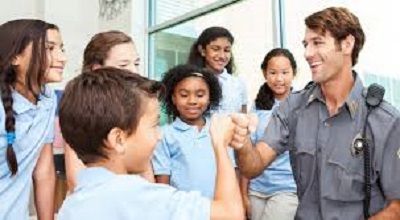Role of Students in School
Students play a crucial role in the school environment, contributing to both their education and the overall functioning of the school community. Here are some key roles that students typically play in a school:
- Learners: The primary role of students is to acquire knowledge and skills. They attend classes, engage in discussions, complete assignments, and actively participate in the learning process. Students are responsible for their own academic growth and development.
- Active Participants: Students are expected to actively participate in classroom activities, discussions, and extracurricular events. Their involvement enhances the overall learning experience for themselves and their peers.
- Responsibility for Personal Growth: Students are responsible for their own personal and intellectual growth. This involves setting academic and personal goals, managing time effectively, and developing good study habits. Taking ownership of their education is crucial for success in school and beyond.
- Respect for Others: Students contribute to a positive and respectful school culture by treating teachers, staff, and fellow students with respect. Respectful behavior fosters a healthy learning environment where everyone feels valued and supported.
- Adherence to Rules and Policies: Students are expected to follow school rules and policies. This includes adhering to codes of conduct, dress codes, attendance policies, and other guidelines that contribute to a safe and orderly learning environment.
More here…
- Peer Support: Students often provide support to their peers, whether through collaborative learning. Helping others understand difficult concepts or offering emotional support. A sense of community among students contributes to a positive school culture.
- Involvement in Extracurricular Activities: Participating in clubs, sports, the arts, or other extracurricular activities allows students to explore their interests. Develop leadership skills and contribute to the overall vibrancy of the school community.
- Feedback and Communication: Students can provide valuable feedback to teachers and administrators about their experiences in the classroom and the school environment. Effective communication helps improve teaching methods, curriculum, and overall school policies.
- Preparation for the Future: Beyond academic knowledge, schools aim to prepare students for future challenges. This includes developing critical thinking skills, problem-solving abilities, and a strong work ethic that will serve them well in their future endeavors.
- Advocacy for Change: In some cases, students may engage in advocacy for changes within the school system. Addressing issues such as curriculum improvements, campus safety, or environmental sustainability.
Summary
In summary, students are active participants in the educational process. Contributing not only to their own learning but also to the overall school community. Their attitudes, behaviors, and engagement significantly influence the culture and effectiveness of the learning environment.
